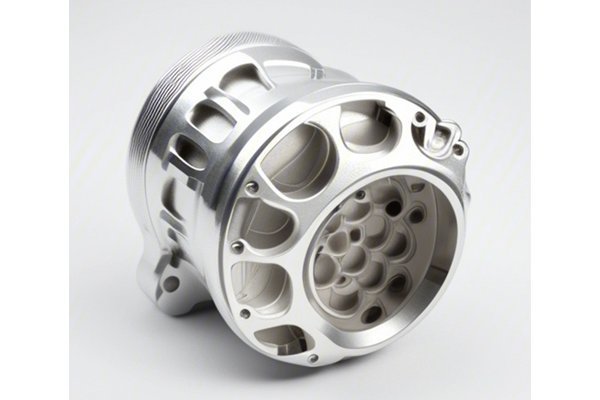—
Opening
Did you know that the global CNC machining market is expected to reach over $100 billion by 2025? As industries increasingly rely on precision-machined components, the choice of CNC machining manufacturer has never been more critical. Selecting a high-quality CNC machining partner can mean the difference between a successful project and a costly failure. But with countless options available, how do you narrow down the choices to find the right manufacturer for your specific needs?
Understanding CNC Machining
CNC (Computer Numerical Control) machining is a subtractive manufacturing process that utilizes pre-programmed software to control the movement of machineries and tools. This technology has revolutionized the manufacturing landscape, allowing for high precision in producing components that meet intricate specifications. CNC machining is commonly employed in industries such as aerospace, automotive, medical devices, and electronics, where quality and precision are paramount.
Given its significance, partnering with the right manufacturer is crucial—one that not only understands your unique project demands but also delivers outstanding quality and service.
Key Considerations When Choosing a CNC Machining Manufacturer
Choosing the right CNC machining manufacturer involves several considerations, each of which can have a profound impact on the quality of your finished product. Below, we discuss these factors in detail.
Experience plays a vital role in a manufacturer’s ability to deliver high-quality CNC machining services. Companies with years in operation are likely to have encountered various challenges and developed effective techniques for overcoming them. Here are some aspects to evaluate:
Quality assurance is critical in CNC machining, especially when creating components for highly regulated sectors. Look for the following certifications:
Additionally, inquire about the manufacturer’s quality control processes. Do they perform regular inspections? Are there protocols in place for material traceability?
The capabilities of a CNC machining manufacturer are largely defined by their machinery and technology. Advanced equipment can produce higher precision components with faster turnaround times. When evaluating potential manufacturers:
Different projects require different materials, and not all manufacturers can handle all types. Ensure the manufacturer can work with:
Understanding their expertise in specific materials can help you ensure that your project requirements will be met.
Understanding the manufacturer’s production capacity is crucial for aligning with your timelines. Ask the following:

Having clarity on these points helps you avoid delays that could hinder your project.
Effective communication is vital to a successful project, and a reputable manufacturer should provide invaluable support throughout the process. Consider the following aspects:
A manufacturer that fosters clear lines of communication and offers technical support can help you preempt issues before they arise.
Real-world feedback from previous customers can provide valuable insights into a manufacturer’s reliability and quality. Don’t hesitate to ask for references or case studies that relate to similar projects. Here’s what to look for:
While cost shouldn’t be the sole criterion for choosing a CNC machining manufacturer, it is an essential consideration. Look for:
Remember, the cheapest option may not always yield the highest quality product.
As environmental concerns grow, many companies are prioritizing sustainability in their supply chains. While evaluating a manufacturer, inquire about:
Selecting a manufacturer that prioritizes sustainability can enhance your brand’s reputation and appeal to environmentally conscious customers.
In summary, finding the right CNC machining manufacturer requires thorough due diligence and a clear understanding of your project requirements. By simultaneously evaluating experience and expertise, quality assurance practices, technology and equipment, material capabilities, production capacity, customer feedback, pricing, and sustainability practices, you can make an informed decision that ensures high-quality outcomes for your project.
In an increasingly competitive landscape, remember that the right manufacturing partner can be your most valuable asset. As the CNC machining market continues to grow and evolve, staying informed about the best practices for selecting a manufacturer will empower you to drive successful outcomes in your future projects.
Ultimately, the time and effort spent in choosing the right CNC machining partner can lead to impressive results, making this an essential topic worth your attention. Don’t underestimate the impact of high-quality machining—your next project might depend on it.
—






